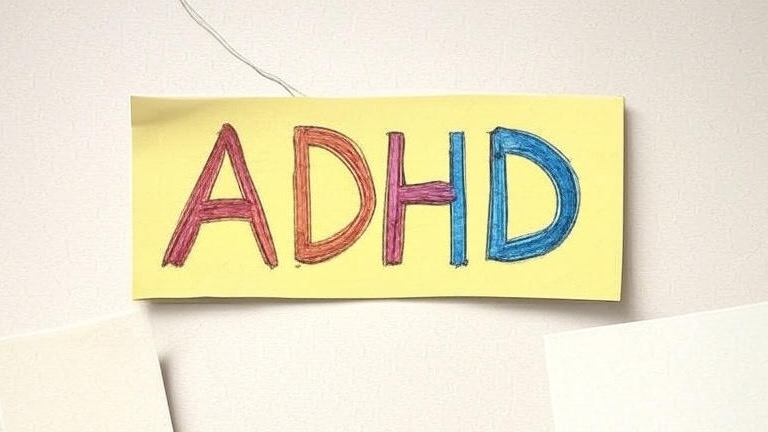October Shines a Light on ADHD: Understanding a Mind That Thinks Differently
Every October, attention turns to ADHD Awareness Month, a time to learn about Attention-Deficit/Hyperactivity Disorder and challenge the myths around it.
ADHD affects millions of people worldwide, shaping how they think, focus, and handle daily life.
What is ADHD?
ADHD is a condition that changes how the brain manages attention, impulses, and activity. People with ADHD often struggle with focus, organization, and consistency, but they also have unique strengths such as creativity, intuition, and fresh ways of thinking.
There are three main types. The inattentive type makes it hard to stay focused, follow instructions, or keep organized. The hyperactive-impulsive type shows up as restlessness, constant talking, and acting without thinking. Some people experience a combination of both types, displaying traits of inattention and hyperactivity.
Signs to Watch For
ADHD looks different for everyone and affects both children and adults.
People with ADHD may have trouble concentrating or finishing tasks, forget things often, act before thinking, struggle to sit still, or find it hard to manage time and stay organized.
They may miss deadlines or appointments and experience emotional swings or frustration over small matters.
In children, ADHD can appear as constant fidgeting, talking out of turn, or difficulty completing homework.
In adults, it may show as chronic procrastination, burnout, or a feeling of mental chaos.
What Causes ADHD?
Researchers are still studying the exact cause, but genetics, brain chemistry, and environmental factors all play a role.
ADHD often runs in families, and differences in brain chemicals or structure can affect focus and self-control. Early life experiences, such as stress or exposure to toxins, can increase the risk.
ADHD is not caused by bad parenting or laziness, and it is a legitimate medical condition that affects how the brain functions.
Managing ADHD
Living with ADHD can be challenging, but support and strategies make a difference.
Medication can help balance brain chemistry and improve focus. Therapy and coaching offer tools to manage emotions, plan tasks, and set goals. Establishing routines, using reminders, and breaking tasks into smaller steps makes life more manageable. Physical activity improves focus and mood, while regular sleep supports mental clarity. Mindfulness and meditation can calm racing thoughts and improve attention. Support from friends, family, or ADHD communities provides understanding and encouragement, making daily life easier to navigate.
A Different Kind of Mind
ADHD comes with unique strengths. Many people with ADHD are energetic, creative, and passionate, traits that often drive innovation, leadership, and artistic achievement.
Numerous successful individuals across industries have turned their ADHD traits into advantages.
This October, ADHD Awareness Month reminds us to replace judgment with understanding.
Learning about ADHD is the first step toward acceptance, which leads to support and empowerment.
If you or someone you know may have ADHD, professional assessment and guidance can help.
ADHD does not define a person. It simply means the brain works differently, and that perspective is worth recognizing.






